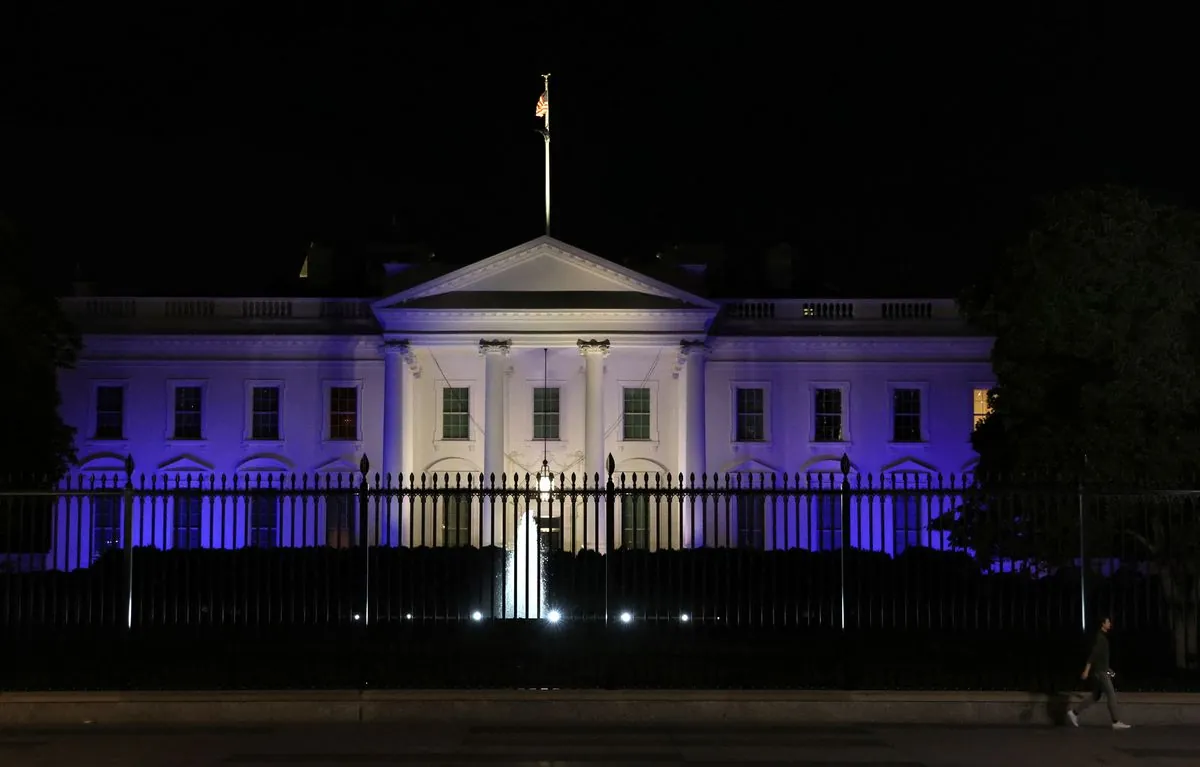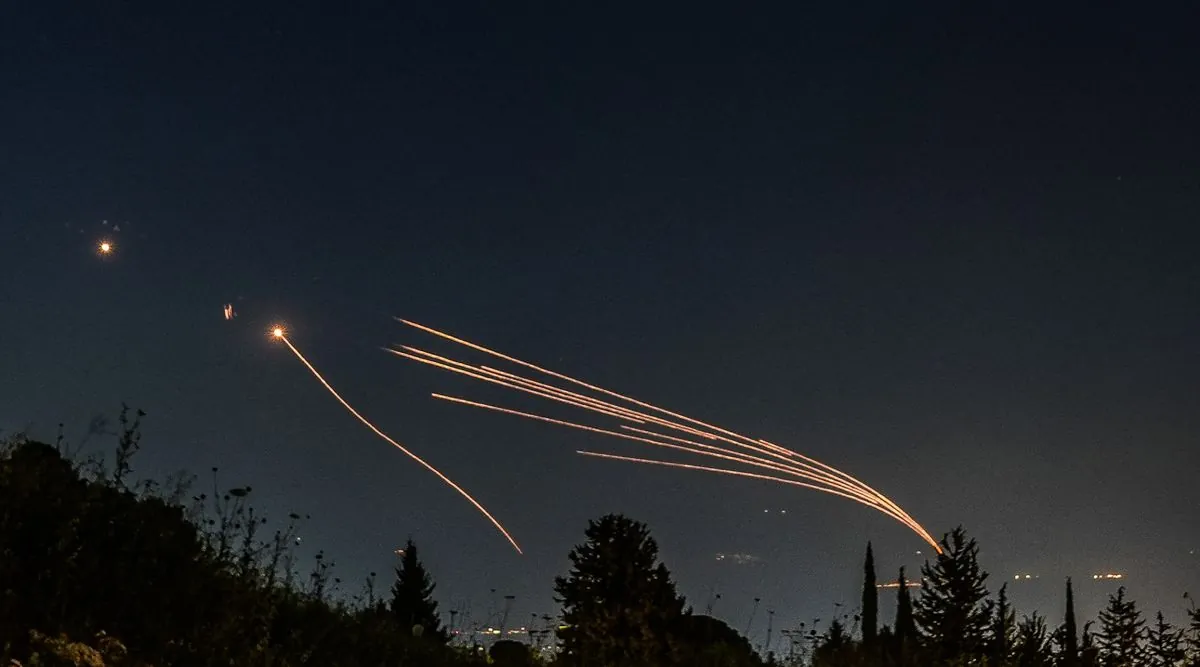White House Seeks to Temper Israeli Response to Iranian Missile Attack
U.S. officials work to prevent escalation in the Middle East following Iran's missile strike on Israel. Concerns rise over potential Israeli retaliation and its impact on regional stability.

In the wake of Iran's recent missile attack on Israel, the White House is actively working to moderate Israel's response, aiming to prevent further escalation in an already volatile Middle East. This effort comes as U.S. officials express growing concern about the potential for a wider conflict, a scenario President Joe Biden has been striving to avoid for nearly a year.
On Tuesday, October 1, 2024, Iran launched approximately 180 missiles directly into Israeli territory, marking only the second such direct attack in history. This action was in retaliation for Israel's elimination of Hezbollah leader Hasan Nasrallah in Beirut the previous week, which also resulted in the death of an Iranian general. The attack follows a similar incident in April 2023, demonstrating Iran's increasing willingness to engage in direct confrontation.

The missile barrage, while more substantial than the April attack, was largely repelled by Israel's air defenses, with assistance from the United States. This successful defense has bolstered confidence within Israel, potentially influencing their response strategy. U.S. officials report that in private discussions, Israeli leaders have indicated a willingness to exercise restraint in their retaliation.
However, concerns persist among American and European officials about the possibility of Israel targeting economic assets in Iran, particularly its oil and gas industry. Such actions could trigger a dangerous escalatory cycle, potentially disrupting the global economy just weeks before the U.S. presidential election scheduled for November 2024.
"We must act now to destroy Iran's nuclear program, its central energy facilities, and to fatally cripple this terrorist regime. The octopus's tentacles are temporarily paralyzed — now comes the head."
Within Israel, there is significant public pressure for a robust military response. This sentiment is fueled by the perception that Iran's strongest proxy, Hezbollah, has been weakened by recent Israeli operations that damaged its communication systems and leadership structure.
The situation is further complicated by ongoing conflicts in multiple fronts. Israel recently announced ground operations in southern Lebanon, where Hezbollah militants have been launching attacks since Hamas's surprise assault on Israel on October 7, 2023. The Gaza conflict continues, with over 41,000 Palestinian casualties reported by the Gaza Health Ministry, creating a dire humanitarian crisis.
U.S. officials are particularly concerned about Israel's incursion into Lebanon, fearing it could evolve into a protracted operation. Efforts to broker ceasefires between Israel and Hamas, as well as between Israel and Hezbollah, have reached an impasse, with neither side willing to make sufficient concessions.
The Biden administration faces a delicate balancing act. While encouraging Israel to respond with restraint, it has been reluctant to leverage its most significant point of influence – the potential conditioning or suspension of military aid to Israel. This hesitancy persists despite Israel's frequent divergence from U.S. advice and counsel.
As the region teeters on the brink of wider conflict, the international community watches closely, hoping for a de-escalation of tensions and a return to diplomatic solutions. The coming days and weeks will be crucial in determining whether the Middle East can step back from the precipice of all-out war.


































